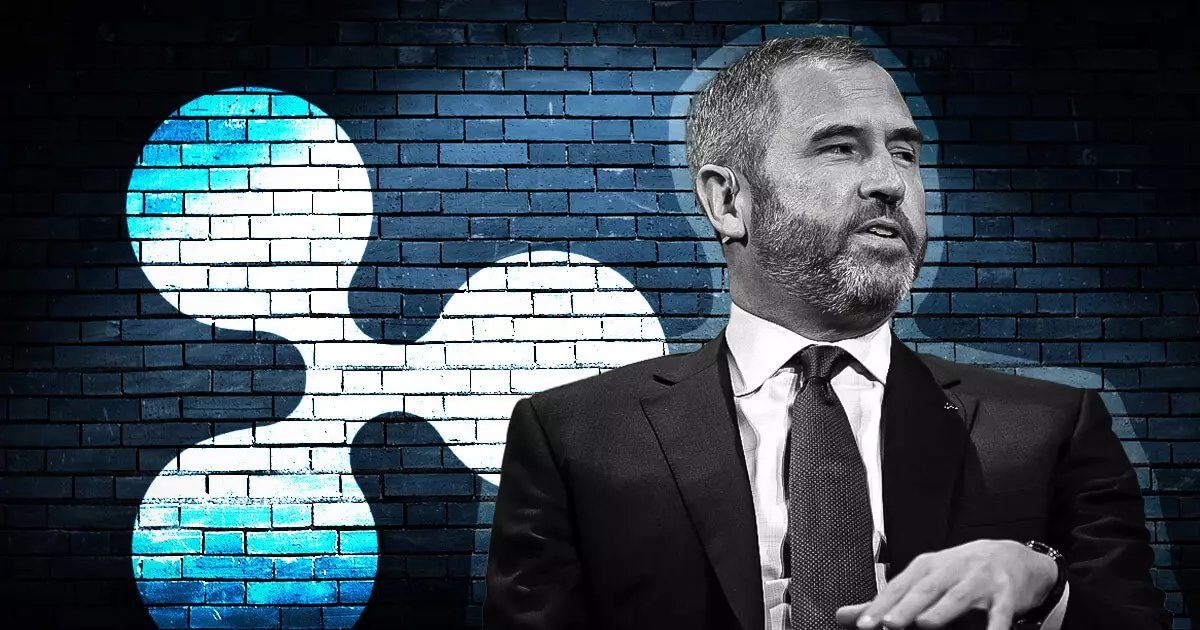In a recent interview at the Ripple Swell conference in Dubai, Ripple CEO Brad Garlinghouse criticized the U.S. Securities and Exchange Commission (SEC) for its regulatory strategy towards the crypto industry. Garlinghouse believes that the SEC’s actions have failed to protect investors and have stifled growth in the industry. He calls for a new regulatory framework that considers the nuances of digital assets.
Garlinghouse questions the SEC’s focus and asks who it is truly protecting in its enforcement approach. He argues that the watchdog’s tendency to file lawsuits has not been effective and has only hindered innovation. The recent legal battle between Ripple and the SEC, where a judge ruled that XRP is not a security, highlights the shortcomings of the SEC’s approach.
Garlinghouse points to a recent case involving Grayscale, a digital asset manager, as evidence of the SEC’s arbitrary and capricious behavior. The federal judge presiding over the case criticized the SEC for its lack of consistency and fairness. Garlinghouse suggests that such criticism from a judge is alarming and warrants a reevaluation of the SEC’s regulatory strategy.
Despite his criticisms, Garlinghouse remains hopeful that the SEC will reassess its regulatory approach. He believes that the recent legal developments surrounding XRP and Grayscale may prompt the SEC to adopt a more positive stance towards the digital assets industry. Garlinghouse emphasizes the need for the government to take a proactive role in supervising the industry and calls for the introduction of federal laws governing digital currencies.
Garlinghouse highlights the need to move beyond a situation where crypto regulation is determined through litigation. He argues that the industry cannot thrive if it is constantly subjected to legal battles. Instead, he advocates for Congress to establish federal laws that provide clarity and stability for the industry. Garlinghouse reiterates that XRP should not be considered a security and emphasizes the role of federal laws in achieving regulatory clarity.
As the legal battle between Ripple and the SEC continues, the next key step is the remedies discovery process. The SEC has been given 90 days to conduct related discovery. This phase will likely shape the outcome of the case and may further influence the future regulatory landscape for digital assets in the U.S.
Brad Garlinghouse strongly criticizes the SEC’s regulatory approach towards the crypto industry. He believes that the enforcement strategy of filing lawsuits has failed to protect investors and stifle innovation. Garlinghouse calls for a new regulatory framework that takes into account the nuances of digital assets. He emphasizes the need for federal laws governing digital currencies and highlights the importance of moving away from a reliance on litigation for determining crypto regulation. As the legal battle between Ripple and the SEC continues, the outcome of the case and subsequent regulatory developments will have a significant impact on the future of the industry.

